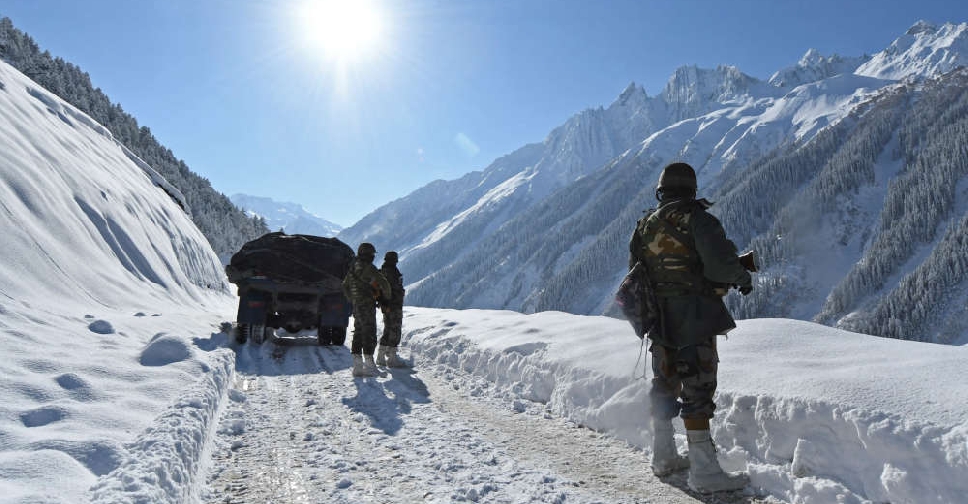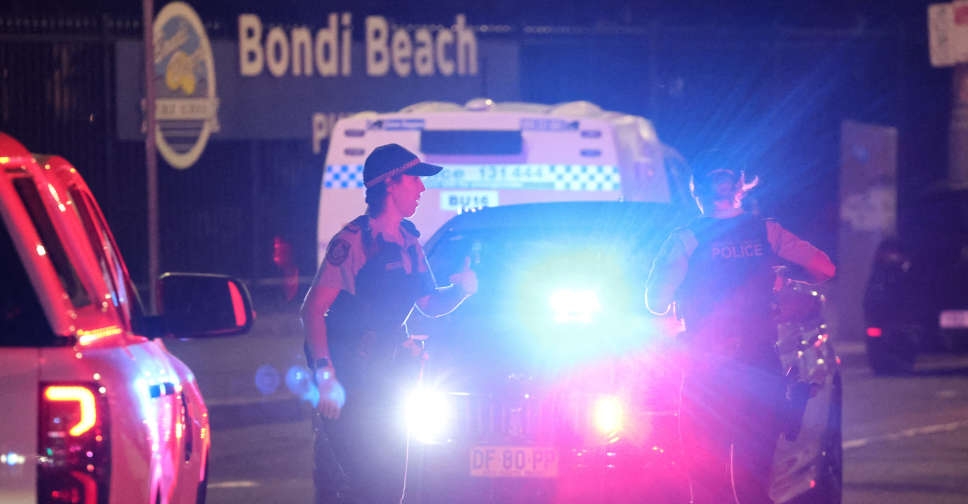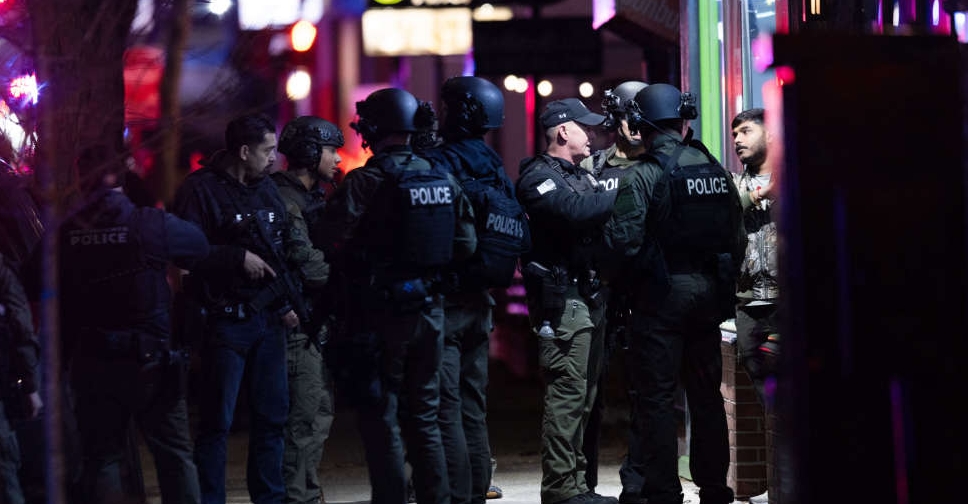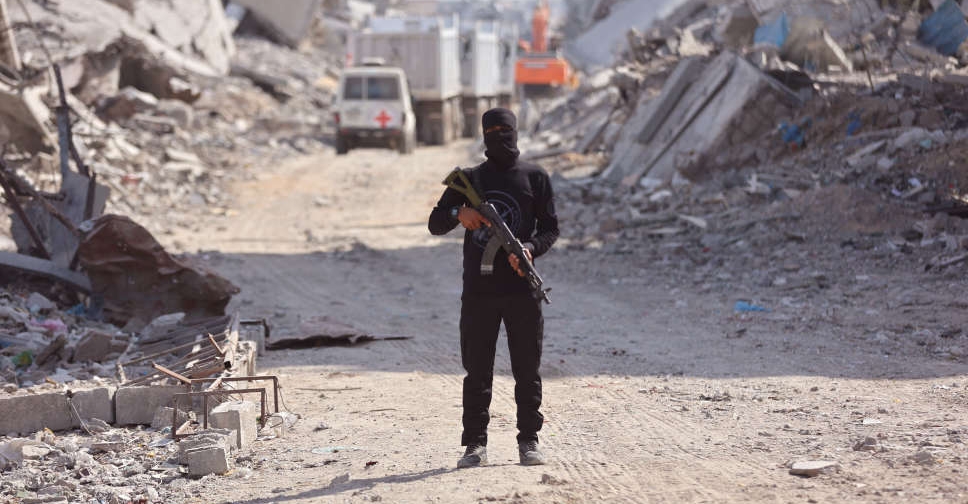
India and China have reached a deal on patrolling their disputed frontier to end a four-year military stand-off, the Indian foreign minister said on Monday, paving the way for improved political and business ties between the Asian giants.
The news came on the eve of Indian Prime Minister Narendra Modi's visit to Russia for an October 22-24 summit of the BRICS regional grouping, during which he could hold talks with Chinese President Xi Jinping, Indian officials said.
Relations between the world's two most populous nations - both nuclear powers - have been strained since clashes between their troops on the largely undemarcated frontier in the western Himalayas left 20 Indian and four Chinese soldiers dead in 2020.
The two sides had since stopped patrolling several points along the border in the Ladakh region to avoid new confrontations, while moving tens of thousands of new troops and military equipment closer to the freezing highlands.
"We reached an agreement on patrolling, and with that we have gone back to where the situation was in 2020 and we can say ... the disengagement process with China has been completed," Indian Foreign Minister Subrahmanyam Jaishankar said at a NDTV media conclave.
The "understanding was reached only today," he said, adding: "We always said that if you disturb the peace and tranquillity how can the rest of the relationship go forward?"
To avoid clashes, the two militaries will patrol contested points along the border according to an agreed schedule, a senior Indian military officer aware of the details told Reuters.
Both sides will monitor the area in Ladakh to ensure that there are no violations, the officer added.
Authorities in Beijing offered no immediate response to India's remarks.
Officials in New Delhi said the pact clears the path for a likely bilateral meeting between Modi and Xi on the sidelines of the BRICS summit, which will be their first since 2020.
The senior military officer said that both sides would pull back their troops a little from current positions to avoid face-offs, but would be allowed to patrol these areas according to a schedule that is being worked out.
Monthly review meetings and regular monitoring of the contested areas by both sides would ensure there are no violations, he added.
Deependra Singh Hooda, a retired senior Indian army officer who was a commander for a part of the China frontier, said that while the two sides would need fresh confidence-building measures, "at least the impasse has been broken".
Slow progress during talks over the last four years to end the stand-off damaged business ties between the two large economies, with New Delhi tightening scrutiny of investment by Chinese firms and halting major projects.
India's tougher vetting of all Chinese investment after the clashes effectively turned away billions of dollars from the likes of carmakers BYD and Great Wall Motor, and added more red tape in Indian firms' interactions with Chinese stakeholders.
However, Indian imports from China have surged 56% since the 2020 border clash, nearly doubling New Delhi's trade deficit with Beijing to $85 billion. China remains India's biggest source of goods and was its largest supplier of industrial products last year.
Asked about the impact of Monday's pact on trade with and investment from China, Jaishankar said: "It has just happened. There will be meetings to see what the next steps will be. I wouldn't go so fast."



 Shooting at Australia's Bondi Beach kills 12
Shooting at Australia's Bondi Beach kills 12
 Police hold person of interest after Brown University shooting leaves two dead
Police hold person of interest after Brown University shooting leaves two dead
 Hamas says Israel's killing of senior commander threatens ceasefire
Hamas says Israel's killing of senior commander threatens ceasefire
 Ukraine's Zelenskyy ditches NATO ambition ahead of peace talks
Ukraine's Zelenskyy ditches NATO ambition ahead of peace talks


